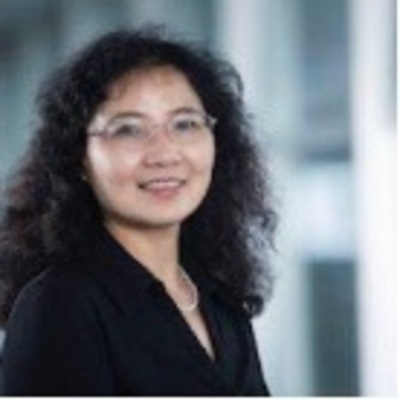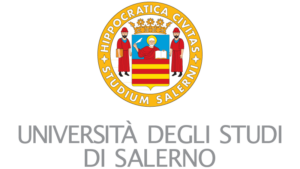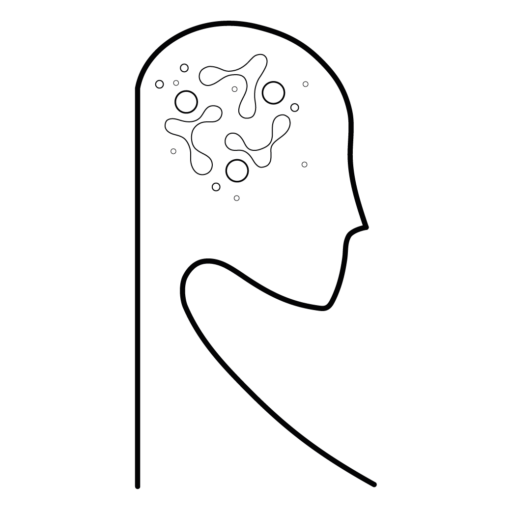
SAI-Care 2024: Integrating Symbiotic AI in Biomedical Informatics
A Workshop on Advanced SAI-based applications in Healthcare
Lisbon, Portugal, 3 – 6 December 2024
The Workshop Program is available at this link:
Program Workshop SAI-Care 2024
All accepted papers will be included in the main conference proceedings which are published in the IEEE digital library, indexed in Google Scholar and Scopus.
Important Dates
Oct 10, 2024 Oct 20, 2024Due date for full workshop papers submission-
Nov 5, 2024 Nov 10, 2024Notification of paper acceptance to authors -
Nov 21, 2024:Camera-ready of accepted papers -
Dec 3, 2024: Workshops
All accepted papers are invited to submit an extended version to the Special Issue on “Smart Medicine: The Integration of Artificial Intelligence into Healthcare” in the journal IMAVIS
https://www.sciencedirect.com/journal/image-and-vision-computing/about/call-for-papers#smart-medicine-the-integration-of-artificial-intelligence-into-healthcare
Workshop Overview
The integration of artificial intelligence (AI) into the biomedical field represents a groundbreaking frontier in both research and practical application of medicine. With the exponential growth of biomedical data, AI has emerged as a crucial tool for analyzing vast amounts of information, uncovering complex hidden patterns, and supporting critical clinical decisions. In the context, Symbiotic AI (SAI) explores the synergistic relationship between artificial intelligence systems and human users, aiming to enhance collaboration and coexistence between the two entities. This symbiotic relationship empowers healthcare professionals with advanced analytical capabilities, enabling them to make more accurate diagnoses, personalize treatment plans, and optimize patient care pathways.
Call for Paper
The workshop aims to explore the synergy between SAI and biomedical informatics, emphasizing the integration of AI technologies into reliable and Symbiotic Computer-Aided Diagnosis (SCAD) systems. Topics include advanced AI-based applications in healthcare, with a particular focus on explainable AI models to ensure transparency and reliability in medical decision-making processes. Participants will explore how SCAD systems symbiotically enhance diagnostic accuracy, treatment planning, and patient care pathways within the biomedical informatics landscape.
Potential topics for the workshop could include but non are limited to:
- AI-driven diagnostic tools in healthcare
- Applications of AI models in personalized medicine
- eXplainable in the use of AI in biomedical informatics
- Implementing AI algorithms for medical imaging analysis
- Natural language processing in healthcare informatics
- Predictive analytics for disease prevention and early detection
- AI-powered drug discovery and development
- Challenges and opportunities in integrating AI into clinical workflows
- Design of symbiotic AI systems for healthcare
- The role of AI in improving healthcare delivery and patient outcomes
Submission Details
Workshop Organizer

Fabiola De Marco
University of Salerno, Fisciano, Italy
Email: fdemarco@unisa.it

Huiru Zheng
Ulster university, Belfast, UK
Email: h.zheng@ulster.ac.uk

Alessia Auriemma Citarella
University of Salerno, Fisciano, Italy
Email: aauriemmacitarella@unisa.it
Workshop Contact
For general inquiries regarding the workshop, please direct your emails to:
biomedical.saicare@gmail.com
Program Chair
Fabiola De Marco, University of Salerno, IT
Alessia Auriemma Citarella, University of Salerno, IT
Program Committee
Genoveffa Tortora, Computer Science Department, University of Salerno, IT
Mengyuan Wang, School of Health and Life Sciences, Tessidee University, UK
Luigi Di Biasi, Computer Science Department, University of Salerno, IT
Jessica Gliozzo, Computer Science Department, University of Milan, IT
Matteo Polsinelli, Computer Science Department, University of Salerno, IT
Huiru Zheng, School of Computing, Ulster University, UK



